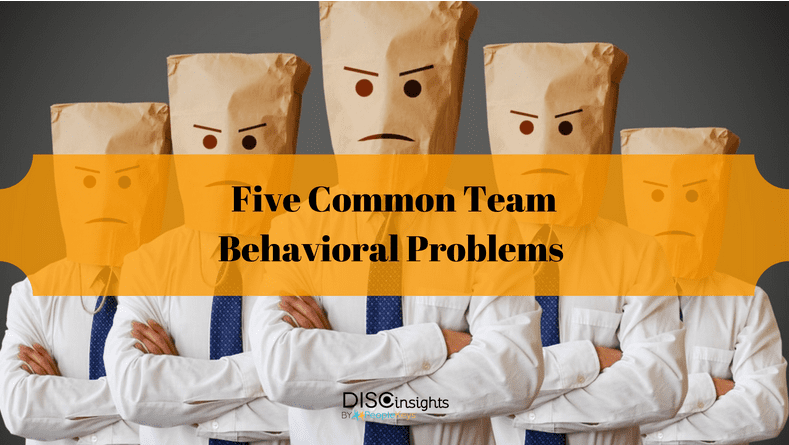Career Development At Any Level
PUBLISHED TO TALENTZOO
As humans, it is in our innate nature to want to evolve and become “better.” There are those that will be followers, and there are those who are natural-born leaders.
Then there is that fine line in between — those who are in a cocoon, just waiting for their incubation into the next stage of the lifecycle of progress. They are waiting to be led, but are taking notes on how they can lead.
Leaders, it is on you to take the reigns. It is on you to influence and inspire. Why lead followers when you can lead leaders who can help you influence those followers?
When we talk about career development, we generally think about our college days and how we met with campus professionals in crafting now-obsolete resumes and following up with leads willing to take entry-level students under their wing. As professionals, we have surpassed those “good ol’ days” and have moved on to the real world. We aren’t competing with other students. We are competing with senior, seasoned, and tenured experts in our chosen industry. When we’re up against the pioneers, how do we measure up?
Career development is often called “professional development” in our “refined” age. Still, we rarely talk about it! We speak about mandatory training classes, many of which serve only the purpose of compliance for the company as it relates to regulations and guidelines for operation.
Who really stays awake during those, anyway? Well, you should! Here’s why:
Whether you really care about the subject matter or not, you have a lot to learn in watching the interaction between the instructor and your colleagues. You learn what makes for good interaction, and you learn what the instructor could have done a lot better. You learn what engaged the classroom and what made them fall half to their graves. The interaction and sociology behind the teaching style you experience will guide you to your own. We naturally compare variables and will assess our own abilities. We strive to improve.
We never realize how bad we once were at something until we actually progress. We embark on a journey thinking we are the sh…sugar snaps and realize that we were actually very inexperienced. As a matter of fact, when we are enthusiastically embarking on a mission, we are absorbing so much that we didn’t know we never knew it. And we wish we “knew back then what we do now.”
As professionals, it is important to absorb random things and to master a few of them. There was a recent article published on the net that spoke about how the new generation of young professionals has very little soft skills and how important it is to have an expertise, a specialization, and a skillset, ultimately leading to uniqueness. They explained how not having a skillset was damaging to our new generation.
Most recently, it has been becoming a trend that we enroll in online courses. Some learn a new skill in order to figure out how to save a couple of dollars. Others just want to be better at something they once knew how to do. Then there are the leaders that just want to learn something new and automatically figure out how to apply it to their own lifestyle.
What they don’t know is that six months from now, that special skill is what will leverage them above their competition. It’s that special skill that has set them apart from the rest and will have made their specialization just a little bit more special. Instead of being a Social Media Coordinator, for example, they have become a Social Media Specialist Coordinator. They are coordinating coordinators of content. They are leading the leaders. And it happened so naturally.
The higher up you go, the less you need specialized skillsets, right? After all, you are the VP of Marketing. You know it all. Wrong! In a growing global marketplace, new countries are joining the rest of the modernized world and new technologies are being created daily.
Everyone’s position is at risk. Mergers and acquisitions can lead to your replacement or a struggle to remain at the top. Not learning new technologies can keep you in the dark during a golden era. Not understanding the language can lead to a gap in the language barrier and an inability to communicate with project teams. When that happens, your ability to lead them with influence is quite obsolete.




